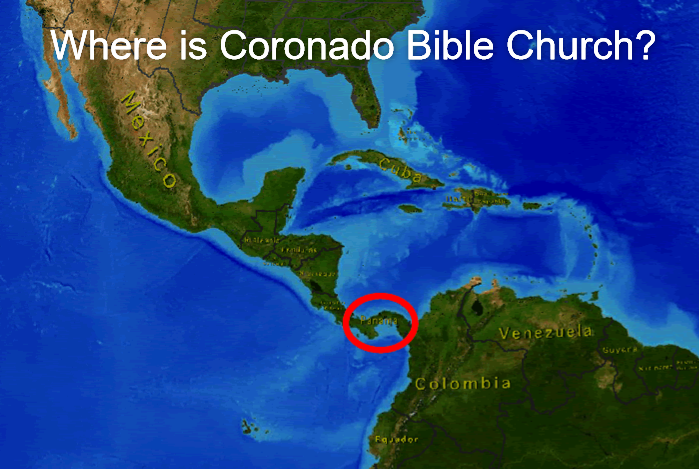
Advent is shortened from the Latin, adventus. It simply means “coming.” The dictionary defines it as “the arrival of notable person, thing or event.” Even if you didn’t grow up in a more traditional church, you can probably put two and two together. Advent is the season leading up to Christmas when we remember the birth of Jesus. Even if you grew up in a liturgical church, you might nod in agreement to that definition of Advent. That’s where the emphasis usually rests.
But take one step further back. When the earliest manuscripts of our New Testament were converted into Latin, adventus was used to translate the Greek word parousia.Parousia does not refer to Christ’s first coming, but his second. As the beginning of the church calendar, Advent was originally a solemn time of looking ahead to the Lord’s coming at the end of time. Early observances included fasting and spiritual reflection concerning an individual’s readiness for the Second Coming of Christ.
Over the years, the Advent season has migrated in many churches to solely a remembrance of Jesus’ infant arrival in Bethlehem. Although that will be our main focus of the four Sundays leading up to Christmas, I encourage you to also take that look ahead. I think this sentence from Wikipedia says it very well:“The season offers the opportunity to share in the ancient longing for the coming of the Messiah, and to be alert for his Second Coming.”
Had Jesus, the Immanuel of Bethlehem, not gone to cross to bear the rightful sentence for our sins … none of us could ever hope to face him at his Second Coming. His gift should be more than enough to make your Christmas Merry!
May God himself, the God of peace, sanctify you through and through. May your whole spirit, soul and body be kept blameless at the coming of our Lord Jesus Christ. The one who calls you is faithful and he will do it. 1 Thessalonians 5:23-24

